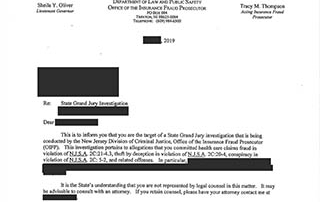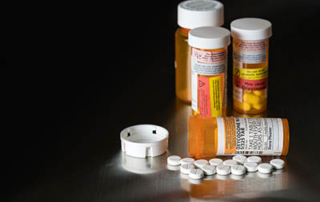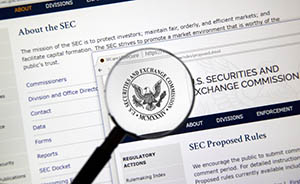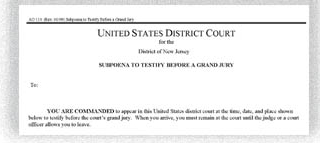Department of Justice Prosecutions of COVID-19 PPE Fraud
As discussed in a prior post, the Department of Justice has formed a nationwide task force comprised of AUSAs from each of the 93 U.S. Attorneys’ Offices, as well as Main Justice. Together they total more than 100 federal prosecutors, to investigate and prosecute fraud related to the ongoing pandemic. The District of New Jersey U.S. Attorney Craig Carpenito spearheads this effort.









